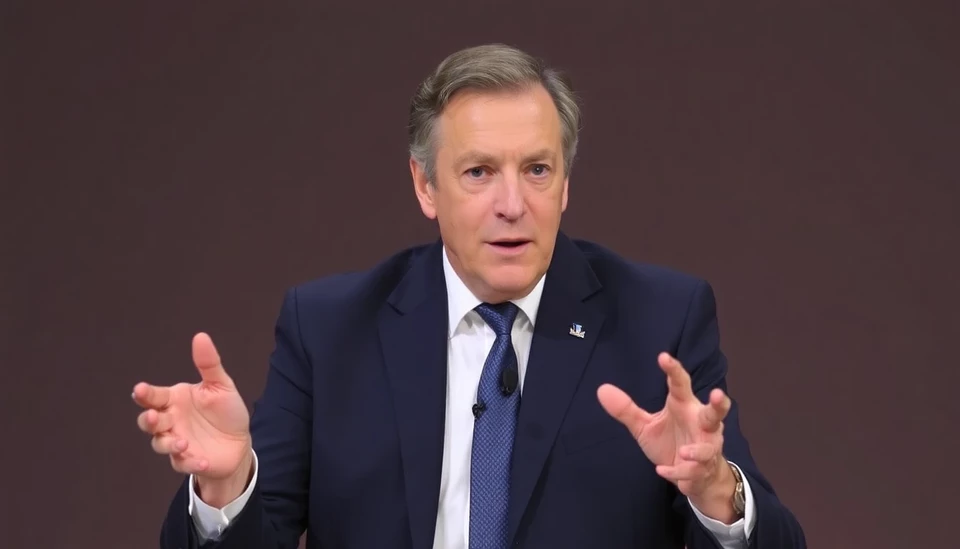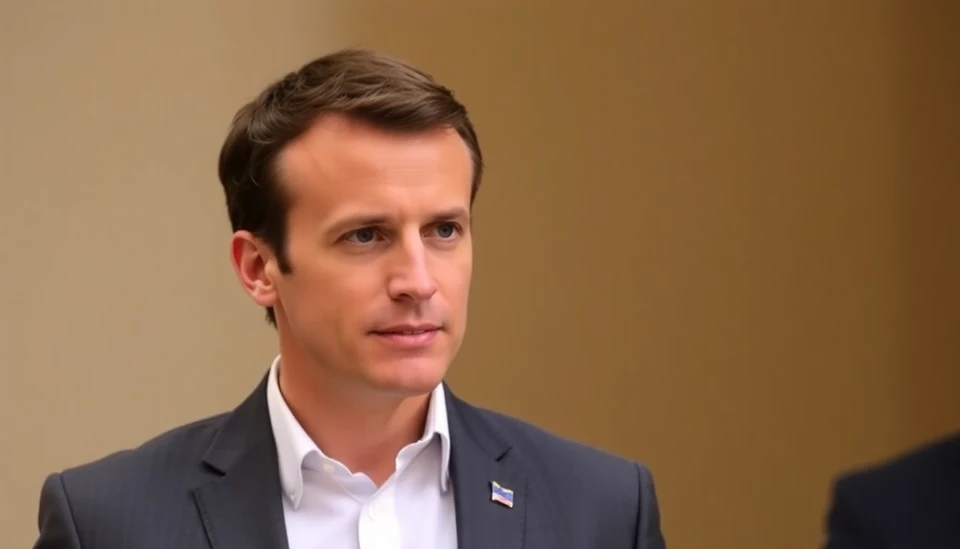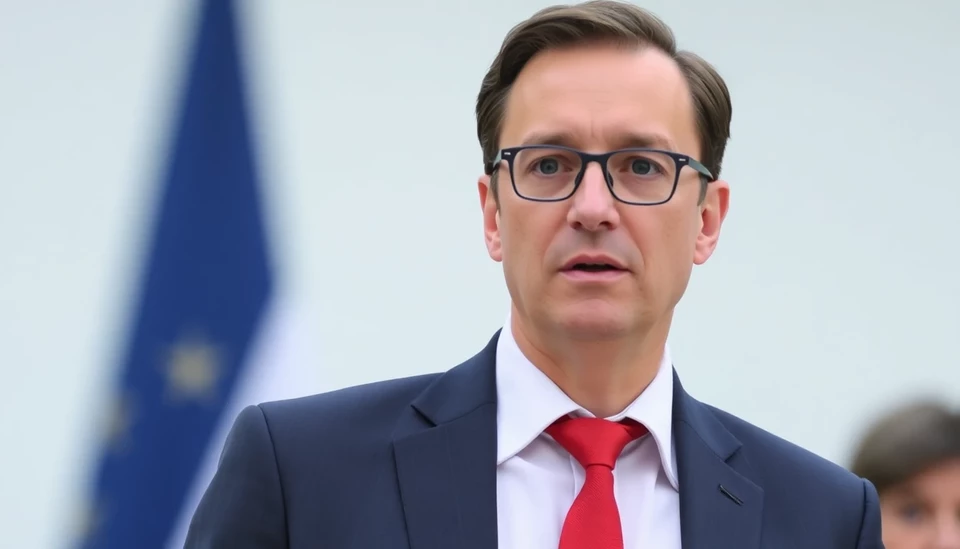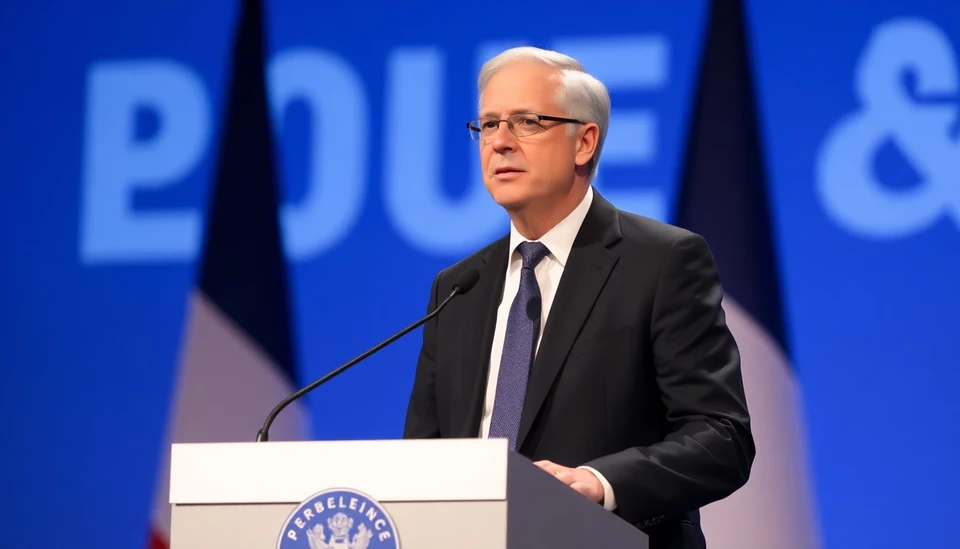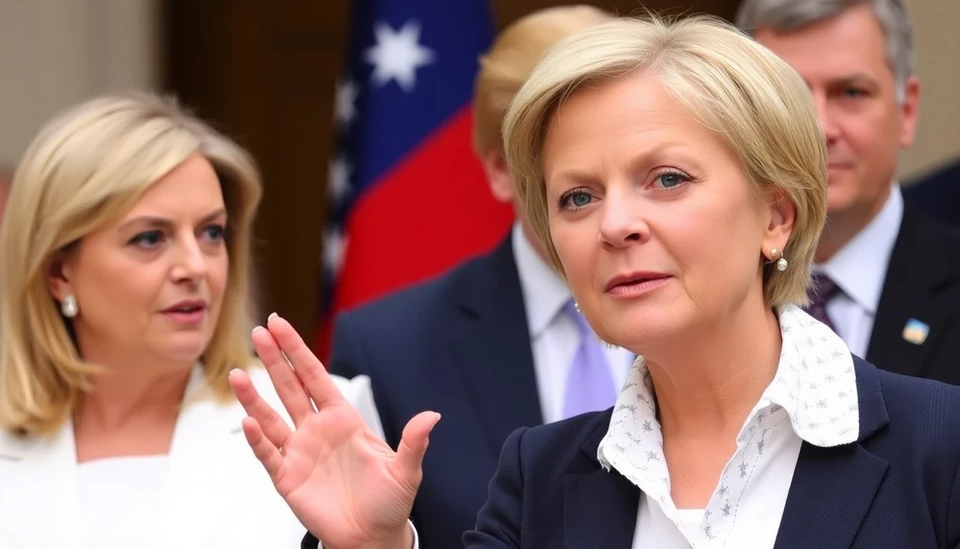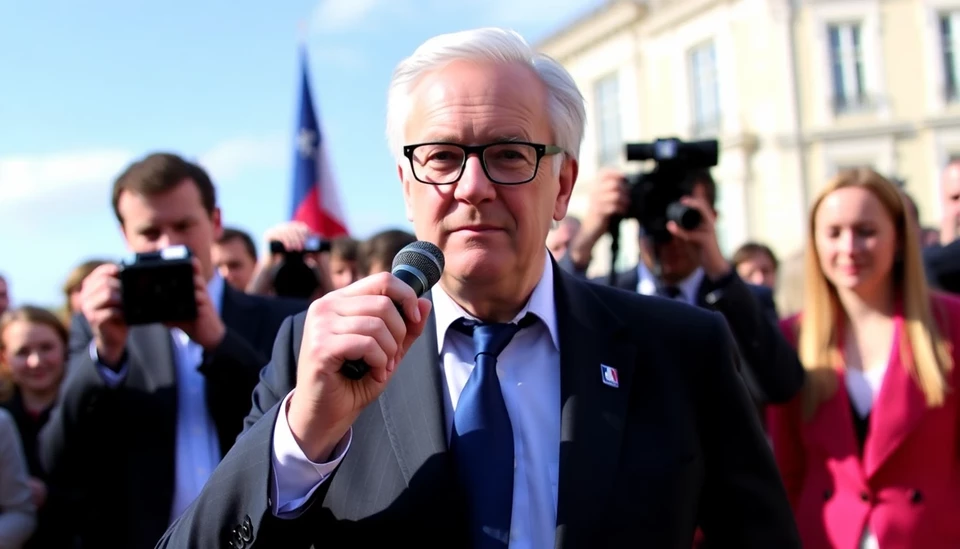
The French government is gearing up for a contentious battle over the upcoming budget, with significant implications for its political landscape. As President Emmanuel Macron’s administration seeks to implement expansive fiscal strategies, the far-right National Rally, led by Marine Le Pen, is poised to push back, setting the stage for a potential confrontation that could redefine the contours of French politics.
This year’s budget proposal, which is set to be presented in the National Assembly, aims to increase public spending significantly, targeting various sectors including health care, education, and green initiatives. The government's agenda reflects its commitment to enhancing social welfare while also addressing economic recovery in the post-pandemic landscape. However, this ambitious plan is receiving stern opposition from Le Pen and her party, who argue that such spending could lead to unsustainable debt levels and exacerbate the country’s economic woes.
Le Pen’s National Rally has been vocal in its critique, labeling the government’s budget as irresponsible and detached from the realities faced by everyday French citizens. The party advocates for a more prudent fiscal approach, emphasizing the need for austerity measures instead of expansive government spending. This fundamental disagreement on economic policy represents a broader ideological divide that is likely to intensify as budget discussions unfold.
Analysts suggest that this showdown over the budget could be pivotal for the National Rally's strategy as they aim to capitalize on economic grievances among the populace. With the 2024 European Parliament elections approaching, Le Pen’s positioning on the budget may resonate with voters who are increasingly concerned about inflation, rising living costs, and public service inefficiencies.
Additionally, tensions within Macron’s coalition could further complicate the situation. As the president’s centrist bloc must also navigate the preferences of various parliamentary allies, the government may find itself stretched thin as it attempts to garner sufficient support for its proposed measures. The potential for a "game of chicken" — where both sides refuse to yield — could lead to significant political ramifications, including the possibility of legislative gridlock.
Political experts are closely watching how the government will respond to this fierce resistance. Should Le Pen succeed in rallying opposition against the budget, it may embolden her party and strengthen its foothold in French politics, especially given the rising tide of populism across Europe. Conversely, a successful passage of the budget might reinforce Macron’s position and perhaps mitigate some of the criticisms pointed at his administration regarding economic management.
As the political landscape evolves, all eyes will be on the upcoming debates in the National Assembly, where both sides will lay down their arguments. Observers are keen to see whether the government can frame the budget as a necessary investment in the future of France and ward off the threat posed by Le Pen’s growing influence.
In conclusion, the unfolding budget battle highlights not only the immediate economic priorities of the French government but also the larger political stakes at play. With stakes high for both the Macron administration and Le Pen’s National Rally, this conflict could shape the future of governance and political alliances in France for years to come.
#FrenchPolitics #Budget2024 #MarineLePen #EmmanuelMacron #NationalRally #EconomicPolicy #FranceGovernment #PoliticalTensions
Author: Daniel Foster
